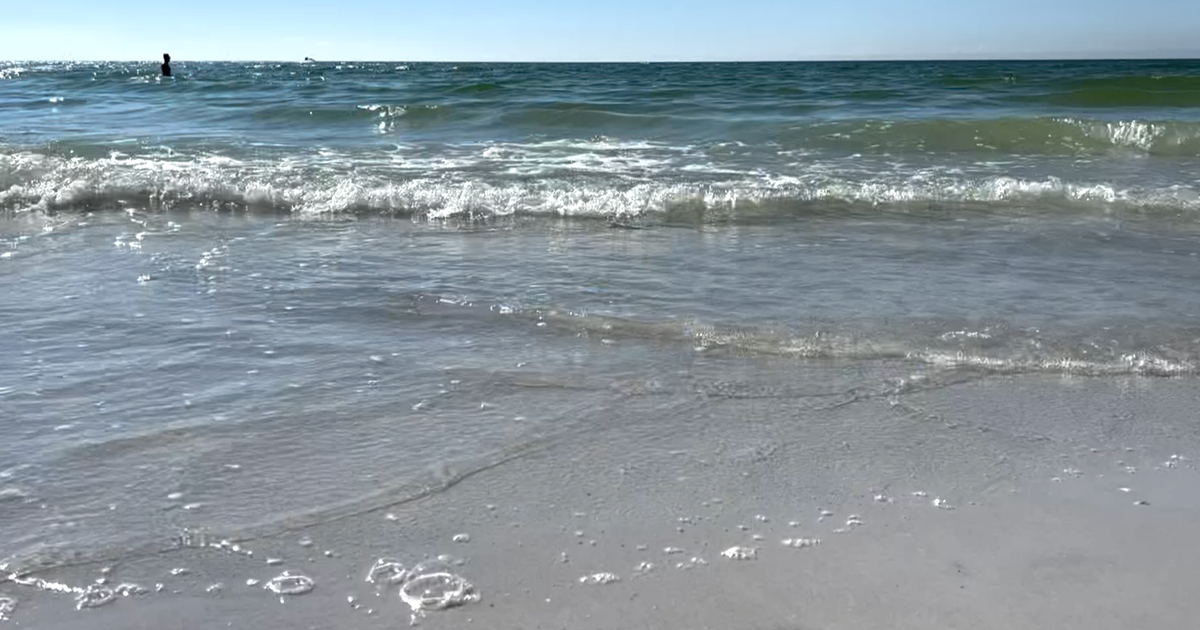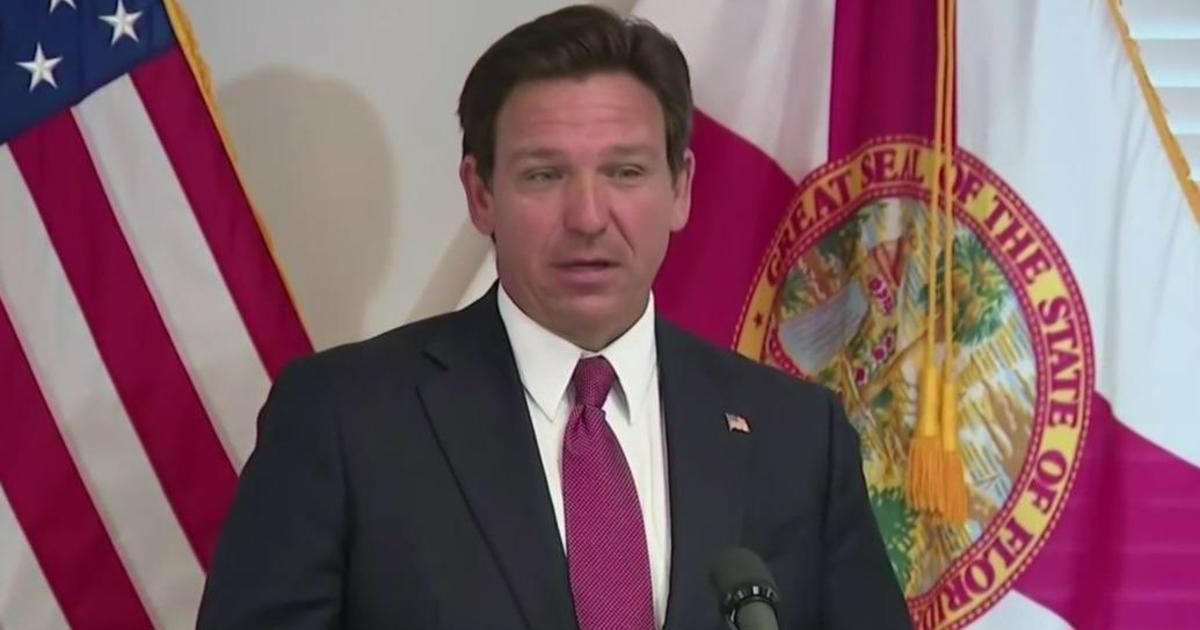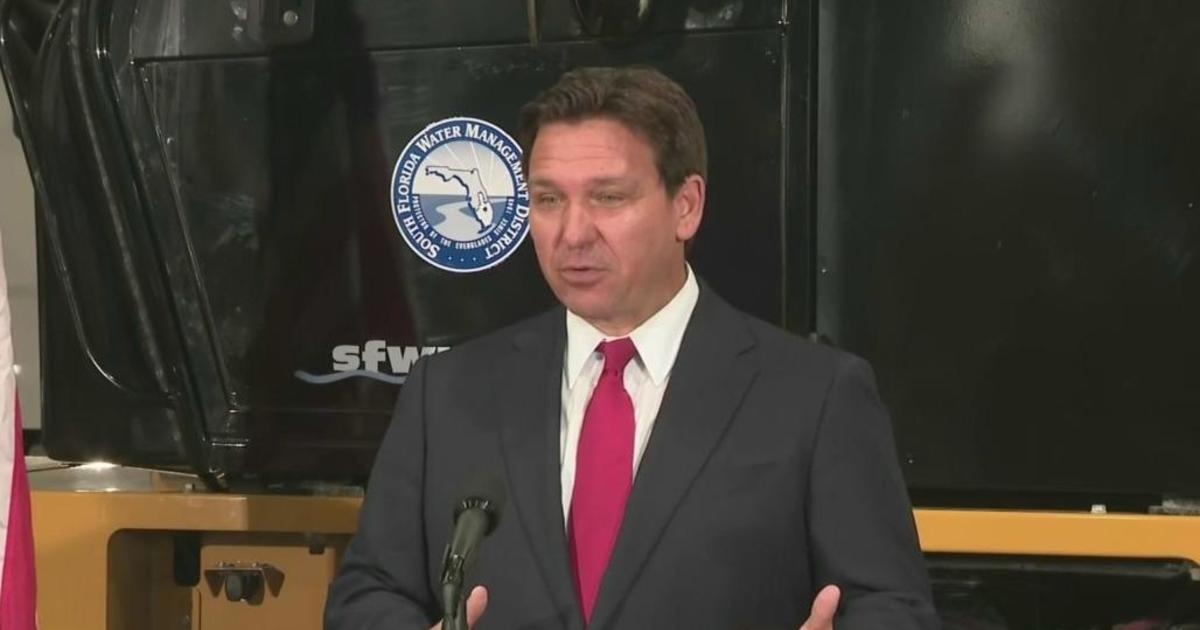Florida Felons' Voting Rights Case Gets Underway Monday
TALLAHASSEE (CBSMiami/CNN) - Trial will get underway Monday in a federal lawsuit that will determine whether former felons in Florida who owe court fines and fees are eligible to vote.
Convicted felons in Florida had their voting rights restored with a constitutional amendment passed in November 2018. Amendment 4, which allowed convicted felons who complete "all terms of sentence" the right to vote, passed with nearly 65% of the vote, exceeding the 60% threshold required.
After Amendment 4 went into effect in January 2019, the GOP-led Florida legislature passed and Republican Gov. Ron DeSantis signed, a bill that clarified "all terms of sentence" to include legal financial obligations such as fines, fees, and restitution.
A number of groups, including the Campaign Legal Center and American Civil Liberties Union, filed a flurry of legal challenges arguing the new law was unconstitutional and amounted to a "poll tax."
"By hinging whether or not you can vote on whether or not you've completed your payment of legal financial obligations, that's akin to a poll tax," Campaign Legal Center attorney Mark Gaber told CNN.
Earlier this month, the case became a class action lawsuit -- paving the way for the final decision to apply not just to the lawsuit's 17 plaintiffs, but to more than 430,000 felons who would be eligible to vote, but for unpaid financial obligations.
The state's attorneys claim they will layout a system throughout the trial for which "felons are not precluded from voting based only on inability to pay."
Opponents to the bill argue that the law and the state's actions in court have created confusion for Floridians with felony convictions who want to vote. Gaber said that the class certification gives certainty to Floridians who were unsure of how the court decisions thus far had applied to them.
The court trial comes just as the deadline to register to vote in the state's August primary election is July 20.
"I don't know how long it will take the judge, but because this affects the November election and because of the possibility that the state could try and appeal this again, I do expect that he'll rule relatively swiftly," Gaber said.
Meanwhile, state Republicans contend that Amendment 4's language was always meant to apply to the financial obligations associated with the felons' convictions.
During an interview with CNN in March, Republican state lawmaker James Grant, who helped sponsor the bill in the House, accused Democrats, the ACLU and other groups opposed to SB 7066 of a "bait and switch," saying that they understood that fines and fees were included in what constitutes "term of sentence."
"I think when you get to the trial in April and the fact pattern is laid out, my expectation is that we will discover some interesting admissions from proponents that knew the language they had to use to get to 60% passage rate," Grant said.
Due to the ongoing coronavirus pandemic, the trial will be held remotely and by video conference. The public will be allowed to listen in, which Gaber noted "actually makes the trial more accessible," with some approved to watch the trial by video.
(©2020 CBS Broadcasting Inc. All Rights Reserved. Cable News Network, Inc., a Time Warner Company, contributed to this report.)



